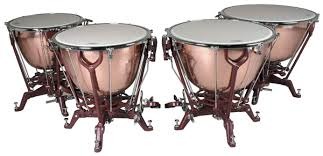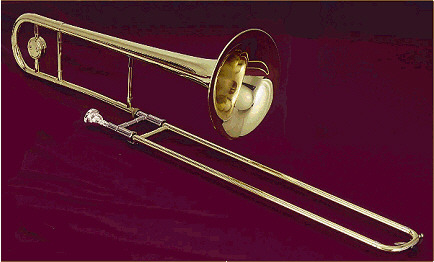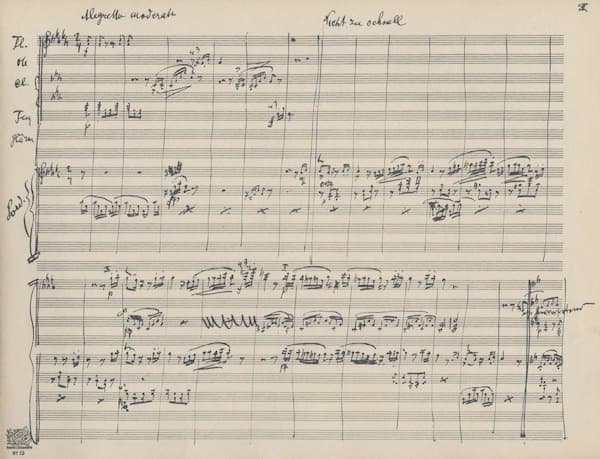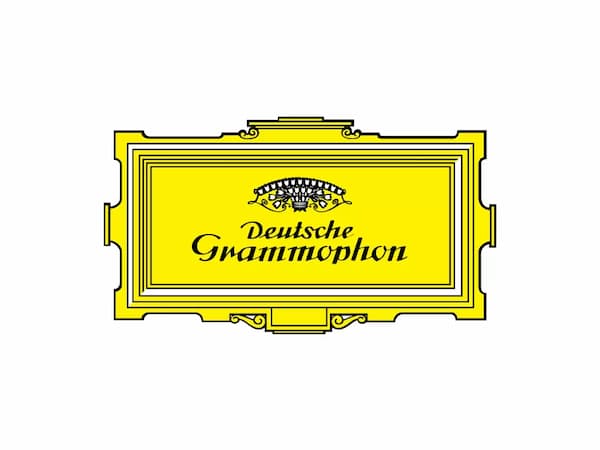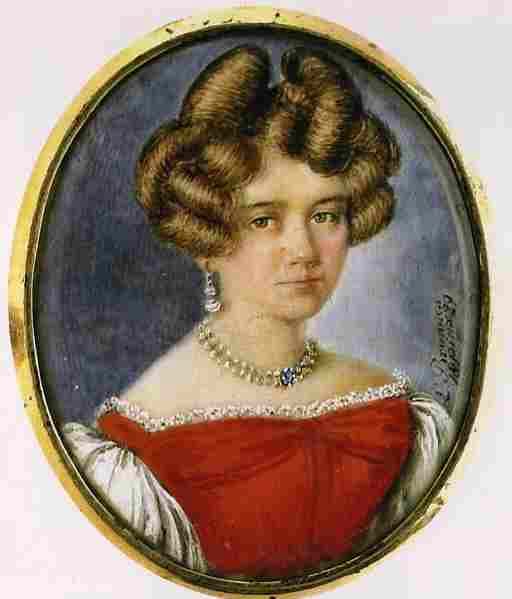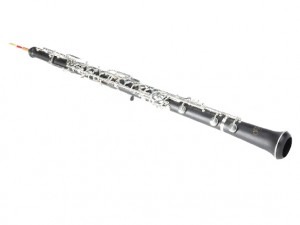
Oboe
The very complicated process of creating a playable reed from cane is described here and it really makes you appreciate just how complicated some of our orchestral instruments can be.
The oboe is always the first instrument you hear in the orchestra because it is used as the tuning standard for the entire orchestra, largely because of its secure, penetrating tone.
The oboe’s sound is bright, but with a woody timbre that makes it instantly detectable. As a double-reed woodwind, it has other relatives in the orchestra, including the cor anglais (aka the English horn), which is like a tenor version of the concert oboe, and the oboe d’amour, which is an alto version of the concert oboe.
The instrument first appeared in the 17th century in France as the ‘hautbois’ (high wood) and quickly spread across Europe. The current name, ‘oboe,’ comes from the English spelling of the Italian version of the French original.
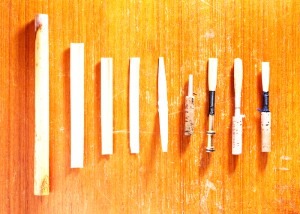
Oboe Reed
Handel: Solomon: Part III: Sinfonia, “Arrival of the Queen of Sheba” (Frankfurt Baroque Orchestra; Joachim Carlos Martini, Conductor)
It’s also used in film for particularly emotional scenes, such as in Ennio Morricone’s film The Mission, which has “Gabriel’s Oboe” as its principal theme.
Although normally we provide a list of outstanding soloists on the instrument, so many solo oboists are associated with their orchestral work that we’ll forego that this time.
Notable oboe concertos:
Tomaso Albinoni: Concerto for 2 Oboes in C Major, Op. 7, No. 2: III. Allegro
J.S. Bach: Oboe Concerto in G minor, BWV 1056: III. Presto
Benedetto Marcello: Oboe Concerto in D Minor: I. Andante spiccato
Antonio Vivaldi: Oboe Concerto in D Minor, Op. 8, No. 9, RV 454: I. Allegro moderato
W.A. Mozart: Oboe Concerto in C Major, K. 271k / K. 314 III. Rondo: Allegretto
Ralph Vaughan Williams: Oboe Concerto in A minor: III. Final. Scherzo
Richard Strauss: Oboe Concerto in D major: I. Allegro moderato


